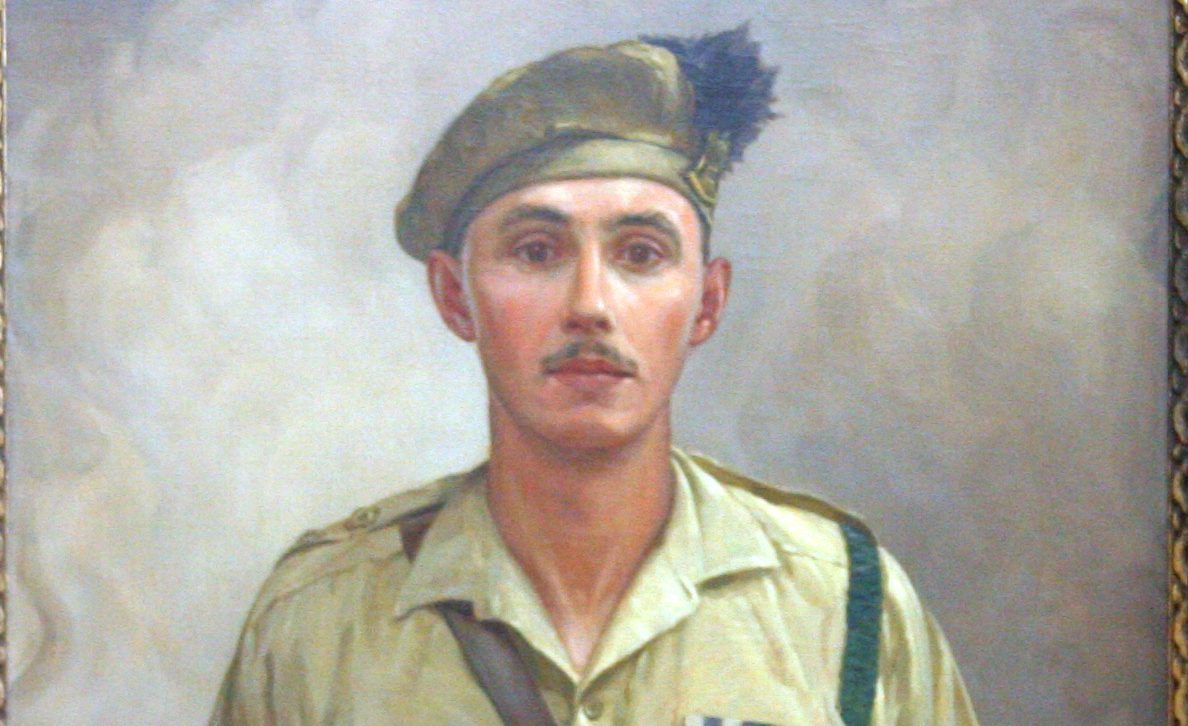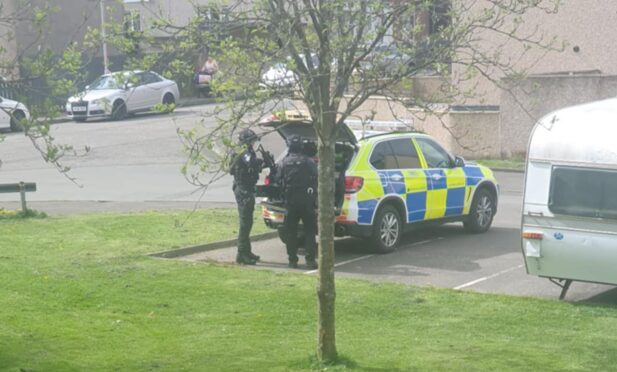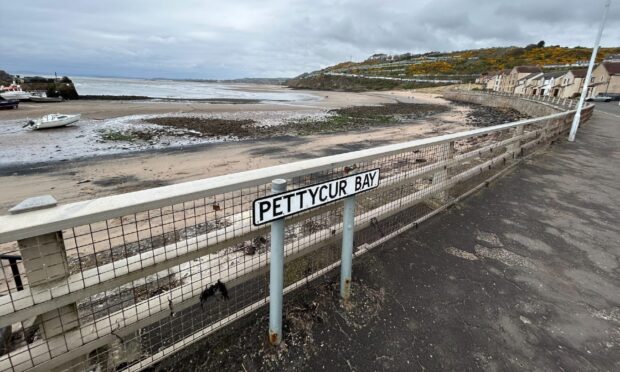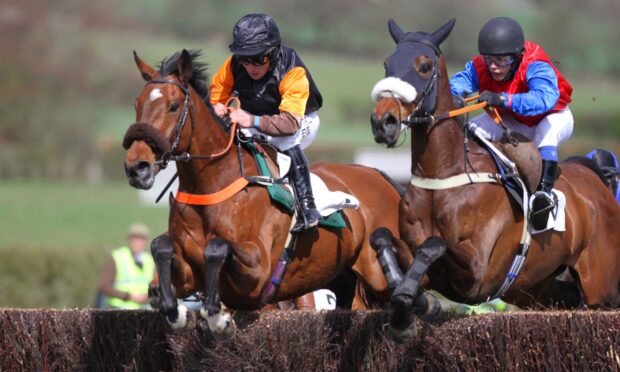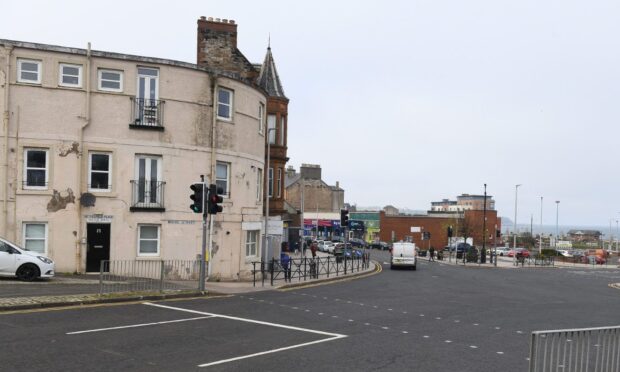A Fife war hero who lost his life during a daring raid to kill one of Hitler’s most prominent Generals during the Second World War has been commemorated by the Commonwealth War Graves Commission (CWGC).
Lieutenant Colonel Geoffrey Charles Tasker Keyes, who was born in Aberdour, is being remembered on the 75th anniversary of his death which came while commanding a detachment of the commando force in a series of assaults – known as Operation Flipper – across North Africa in 1941.
Keyes played a pivotal role in a mission targeting the presumed headquarters of German Field Marshal Erwin Rommel, the infamous “Desert Fox” who later commanded the German forces opposing the Allied cross-channel invasion of Normandy in 1944.
Sadly, in the fighting that ensued during the raid, Keyes was shot and killed, but his bravery, as well as that of his seven fellow officers and the 53 other ranks who took part in Operation Flipper, continues to be remembered and has inspired several books, films and TV documentaries.
Despite Lieutenant Colonel Keyes’ attempt to kill Rommel, the Field Marshal gave orders that Keyes be buried with the four German officers who were killed in the raid, and receive full military honours.
His heroics during the operation also posthumously earned him the Victoria Cross, which is now displayed at the Lord Ashcroft Gallery in London’s Imperial War Museum.
The War Office citation awarding Keyes the VC detailed his final moments and paid tribute to his “stolid determination and powers of leadership”.
“At zero hour on the night of 17th–18th November, 1941, having despatched the covering party to block the approaches to the house, he himself with the two others crawled forward past the guards, through the surrounding fence and so up to the house itself,” it read.
“Without hesitation, he boldly led his party up to the front door, beat on the door and demanded entrance.
“Unfortunately, when the door was opened, it was found impossible to overcome the sentry silently, and it was necessary to shoot him.
“The noise of the shot naturally aroused the inmates of the house and Lieutenant Colonel Keyes, appreciating that speed was now of the utmost importance, posted the N.C.O. at the foot of the stairs to prevent interference from the floor above.
“Lieutenant Colonel Keyes, who instinctively took the lead, emptied his revolver with great success into the first room and was followed by the other officer who threw a grenade.
“Lieutenant Colonel Keyes with great daring then entered the second room on the ground floor but was shot almost immediately on flinging open the door and fell back into the passage mortally wounded. On being carried outside by his companions he died within a few minutes.
“By his fearless disregard of the great dangers which he ran and of which he was fully aware, and by his magnificent leadership and outstanding gallantry, Lieutenant Colonel Keyes set an example of supreme self sacrifice and devotion to duty.”
The body of Keyes, who was born in 1917 and was the oldest son of the Admiral of the Fleet, Roger John Brownlow Keyes, 1st Baron Keyes, was later moved to the Commonwealth War Graves Commission’s Benghazi War Memorial.
A spokesperson for the CWGC said: “Whilst Operation Flipper had failed to put Field Marshal Rommel out of action, it did cause some temporary disorganisation for the Germans stationed at Beda Littoria and the British would make a second albeit failed attempt on Rommel’s life during Operation Gaff in 1944.”
